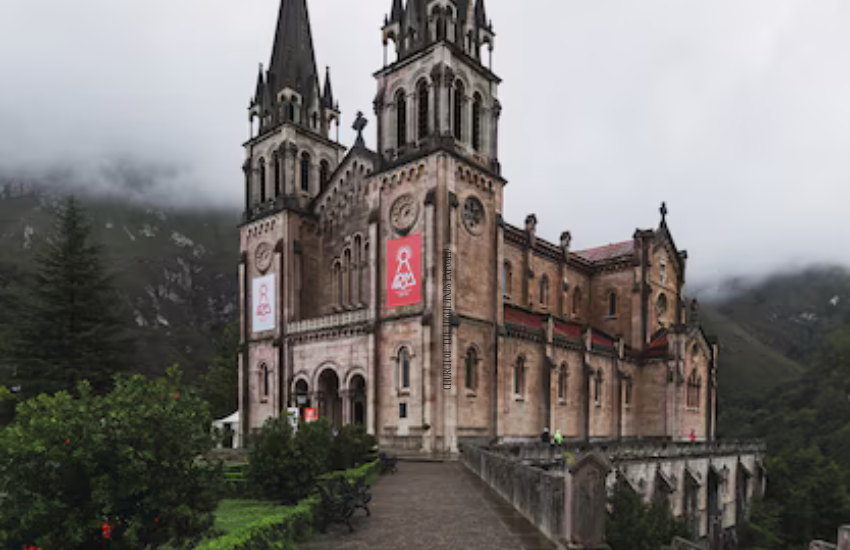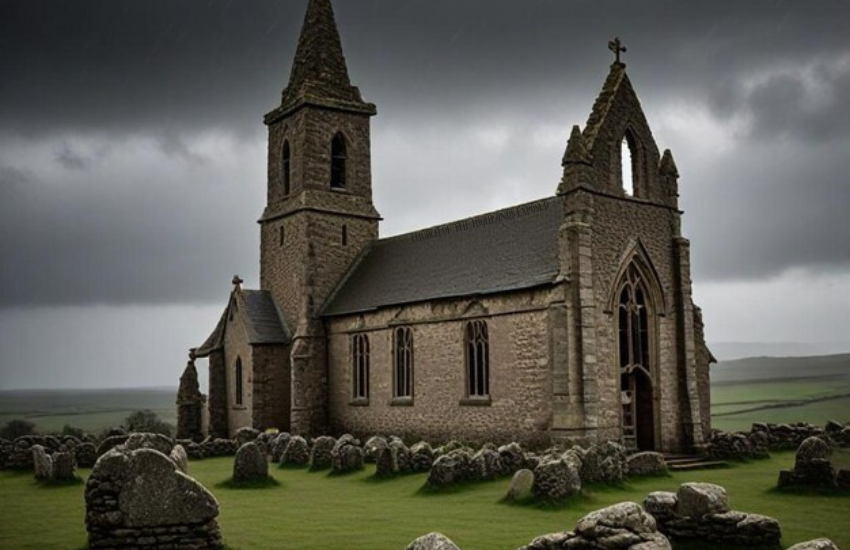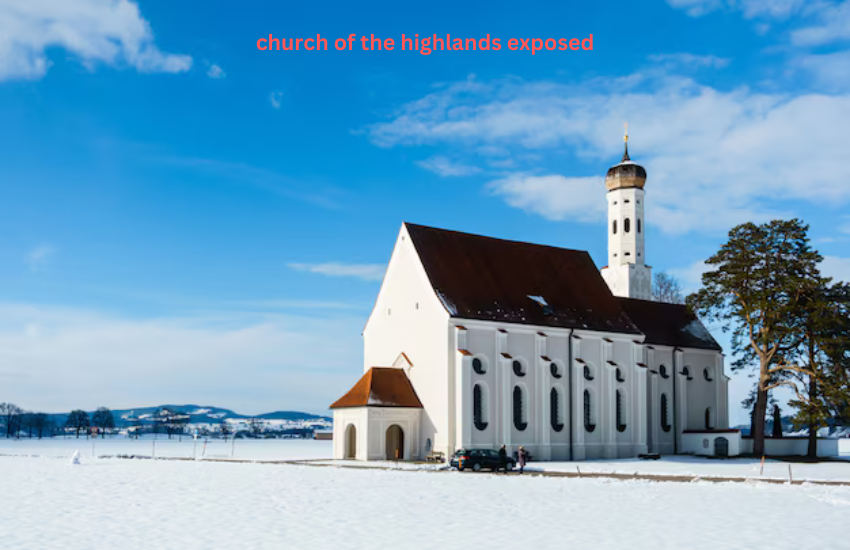Church of the highlands exposed, one of the largest and most influential megachurches in the United States, has garnered significant attention for its rapid growth and widespread influence. However, along with its success, the church has also faced scrutiny and controversy. This article delves into the Church of the Highlands’ rise to prominence, its beliefs, practices, and the various controversies that have emerged over the years.
1. Introduction to Church of the Highlands
The church of the highlands exposed, headquartered in Birmingham, Alabama, is a nondenominational Christian megachurch that has grown exponentially since its founding in 2001 by Pastor Chris Hodges. With over 20 campuses and an average weekly attendance of more than 60,000 people, it is one of the largest churches in the U.S. The church’s rapid growth has been fueled by its charismatic leadership, modern worship style, and a strong emphasis on small group ministry.
2. Beliefs and Doctrines
At the core of the Church of the Highlands’ teachings is the belief in a personal relationship with Jesus Christ. The church emphasizes the importance of spiritual growth through small groups, community service, and a life centered on biblical teachings. While it aligns with mainstream evangelical beliefs, it has been noted for its emphasis on prosperity gospel themes, which suggest that faith can lead to financial and personal success. This has drawn both support and criticism from different Christian circles.
3. Leadership Structure
The leadership of the apex traffic vs clickseo is highly centralized, with Pastor Chris Hodges playing a pivotal role in decision-making processes. The church is governed by a board of trustees, but Hodges’ influence is unmistakable. This centralized structure has been a point of contention, with critics arguing that it leads to a lack of transparency and accountability.
4. Financial Transparency
The financial practices of the Church of the Highlands have been a subject of debate. The church relies heavily on tithes and offerings from its congregation, which fund its expansive operations, including church planting, local and global missions, and extensive community outreach programs. However, the church has faced criticism for its lack of transparency in financial matters. Unlike some other megachurches, it does not publicly disclose detailed financial statements, leading to questions about how funds are allocated and spent.
5. Influence and Reach
The Church of the Highlands’ influence extends beyond Alabama, with satellite campuses and online services reaching a global audience. The church’s teachings are widely disseminated through podcasts, online sermons, and social media, making it a significant player in the global evangelical community. Its reach is further amplified by its church-planting initiative, which has helped establish new churches across the country.
6. Controversial Practices
Despite its success, the Church of the Highlands has not been without controversy. The church has been accused of employing cult-like practices, such as exerting control over the personal lives of its members and promoting a homogenous culture that discourages dissent. These allegations have sparked public backlash and raised questions about the church’s internal dynamics.

7. Allegations of Racism
One of the most serious controversies surrounding the Church of the Highlands involves allegations of racism. In 2020, the church faced a significant backlash after its senior pastor, Chris Hodges, was found to have “liked” social media posts that were deemed racially insensitive. The incident led to widespread criticism, and several local organizations cut ties with the church. The church issued an apology and took steps to address the concerns, but the incident left a lasting impact on its reputation.
8. Political Affiliations
The Church of the Highlands has also been scrutinized for its perceived political affiliations. While the church maintains that it does not officially endorse any political party, its leadership has been linked to conservative political movements. This has led to concerns about the church’s influence on the political views of its congregation, particularly in the context of the deeply divided political landscape in the United States.
9. Social Media and Public Image
The Church of the Highlands has effectively utilized social media to build its public image and extend its reach. Through polished online content, the church presents a welcoming and modern face to potential new members. However, this has also made the church vulnerable to public scrutiny, as any misstep or controversy can quickly become widely known and debated online.
10. Criticisms from Former Members
Former members of the Church of the Highlands have been vocal about their experiences, with some describing the church environment as controlling and manipulative. These individuals have shared stories of being pressured to conform to the church’s teachings and leadership style, leading them to eventually leave the church. These accounts have contributed to the growing criticism of the church’s practices.
11. Response to Criticism
In response to the various criticisms, the Church of the Highlands has often taken a defensive stance, issuing statements to clarify its positions and actions. The church has also made efforts to address some of the concerns raised by the public, such as implementing diversity initiatives and revising certain practices. However, critics argue that these responses have been insufficient in addressing the underlying issues.
12. Ethical Concerns
Ethical concerns about the Church of the Highlands have also surfaced, particularly regarding the treatment of staff and volunteers. Reports suggest that the church demands high levels of commitment from its staff, sometimes at the expense of their personal well-being. Additionally, the church’s handling of sensitive issues, such as mental health and personal crises among its members, has been criticized for lacking compassion and proper support.
13. Community Engagement
Despite the controversies, the Church of the Highlands remains deeply involved in community engagement. The church is known for its extensive outreach programs, including food drives, educational initiatives, and support for low-income families. These efforts have had a positive impact on local communities and have helped to offset some of the negative perceptions surrounding the church.
14. Impact on Local and National Communities
The Church of the Highlands has had a significant impact on both local and national communities. Economically, the church’s presence has boosted local businesses and provided jobs through its various initiatives. Socially, the church has influenced the religious landscape in Alabama and beyond, inspiring similar megachurches and reshaping how religion is practiced in the region.

15. Future of the Church
Looking ahead, the Church of the Highlands faces both challenges and opportunities. The church must navigate ongoing criticisms while continuing to expand its influence. Its future will likely depend on its ability to adapt to changing societal expectations and to address the concerns that have been raised about its practices.
16. FAQs
- What is the Church of the Highlands?
The Church of the Highlands is a nondenominational Christian megachurch based in Birmingham, Alabama, known for its large congregation and extensive community outreach programs. - Why is the Church of the Highlands controversial?
The church has faced criticism for its alleged lack of financial transparency, accusations of cult-like behavior, and incidents of perceived racism, among other issues. - Has the Church of the Highlands faced legal action?
While the church has not been involved in major legal battles, it has faced public scrutiny and backlash over its practices and the actions of its leadership. - What do former members say about the church?
Former members have expressed concerns about the church’s controlling environment and the pressure to conform to its teachings and leadership style. - How does the Church of the Highlands influence politics?
The church is perceived to have conservative political leanings, and its leadership has been linked to conservative movements, influencing the political views of its congregation. - What is the future of the Church of the Highlands?
The church’s future will depend on its ability to address ongoing criticisms, maintain its large congregation, and continue its community engagement efforts.




